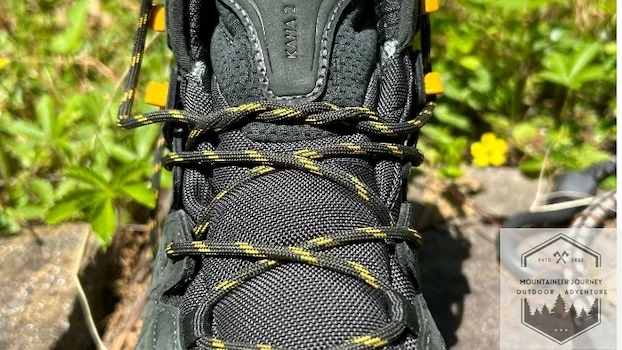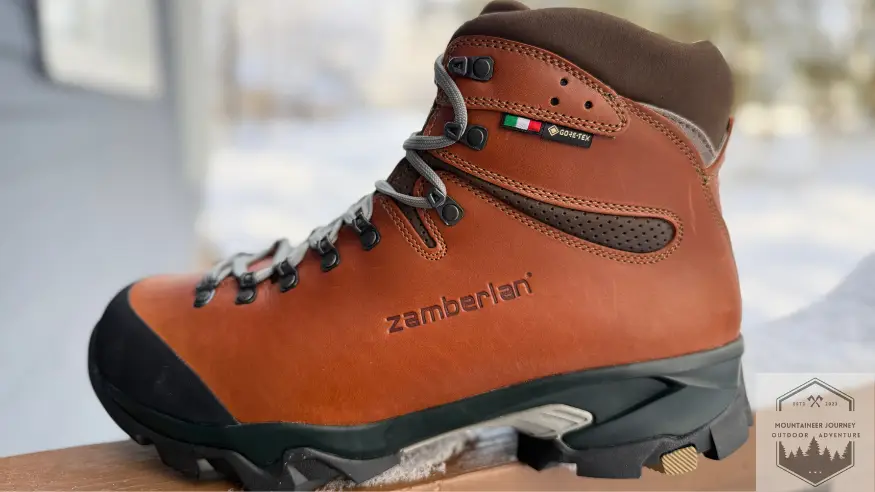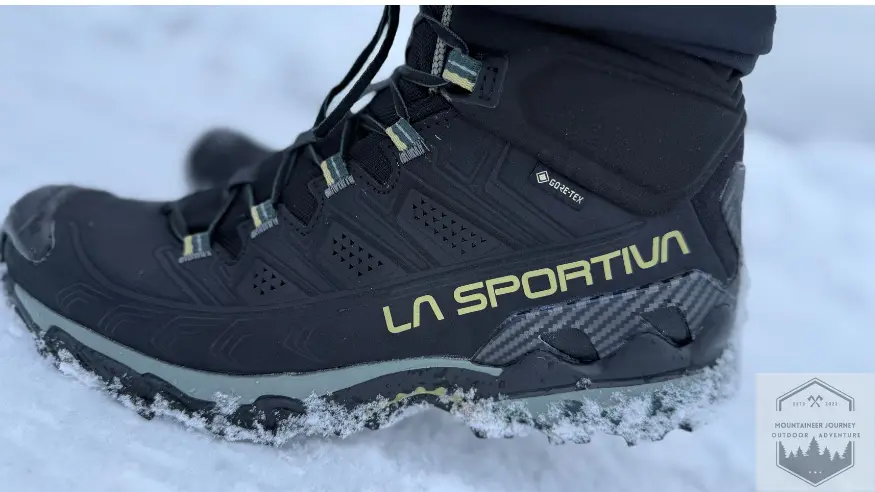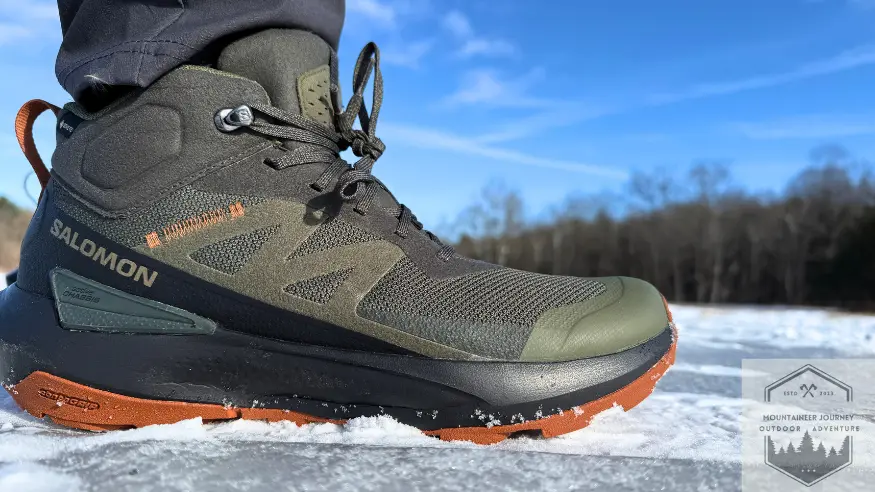Hiking vs Trekking | Which Adventure is Right for You?
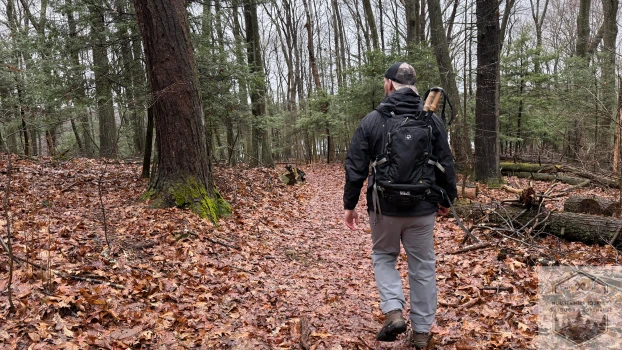
Hiking vs Trekking, what’s the difference? Is there a difference? This guide will tell you the difference and make sure you are well prepared equipment wise with whatever activity you may choose. As a seasoned outdoor enthusiast with over 15 years of experience, I will provide you with a comprehensive understanding of both activities.
Both hiking and trekking involve walking within natural environments such as parks, forests, or mountains. While there are similarities and differences, let’s dive into the dictionary definition of hiking vs trekking.
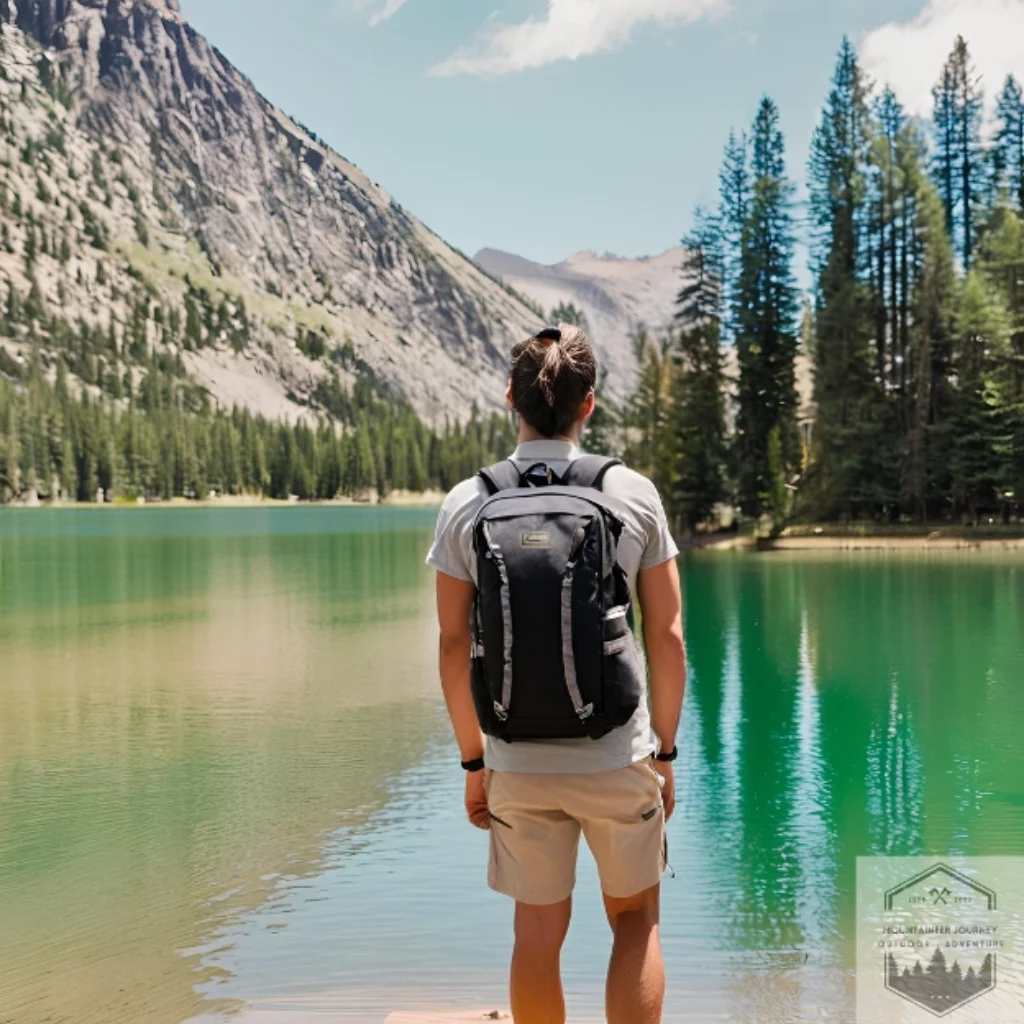
Definitions Of Trekking And Hiking
According to Merriam Webster:
Hiking: a long walk especially for pleasure or exercise
Trekking: a trip or movement especially when involving difficulties or complex organization
What is trekking? Trekking is a physically demanding activity that differs from standard hiking. It typically involves multi-day excursions through challenging and diverse terrains, often in remote wilderness areas, requiring specialized gear and a certain level of physical fitness and experience.
Fun Fact:
To give a quick example, the longest trekking world record is held by Jeff Garmie which consisted of 2,795 miles and took him 79 days to complete
Thus, hiking and trekking don’t really mean anything different in the Merriam Webster Dictionary. Still, trekking is emphasized as a little more difficult activity than hiking. While trekking is characterized as a “journey,” which is usually something more difficult, requiring more effort, and usually taking more than one day, hiking incorporates the word “walk,” which is usually considered as cheerful, easy, and pleasant.
While these definitions do not give you a full picture, here at mountaineer journey our definition of a **Hike: a walk that lasts less than a day on designated paths with minimal equipment.**Trekking: A long journey that lasts multiple days, does not require a designated path and can be an arduous journey.
As you can see the dictionary may make it seem like these activities are similar, when in fact they are very much so different. Check below to see the differences so you can be prepared for your next journey.
Trekking vs Hiking Comparison Chart
| Aspect | Hiking | Trekking |
| Definition | A walk that lasts less than a day on designated paths with minimal equipment | A long journey that lasts multiple days, does not require a designated path and can be an arduous journey |
| Duration | Few hours to a day | Multiple days to weeks. |
| Equipment | Lightweight gear, such as a daypack, water bottle, and basic first-aid kit | Heavier gear, including a large backpack, camping equipment, and extensive first-aid supplies |
| Terrain | Well-maintained paths, parks, and nature reserves | Remote, rugged, and diverse terrains like mountains, forests, and valleys |
| Accessibility | Suitable for beginners and casual walkers | Requires higher fitness levels and preparation |
| Accommodation | Often involves returning to a base camp or home | Includes camping or staying in huts/lodges along the route |
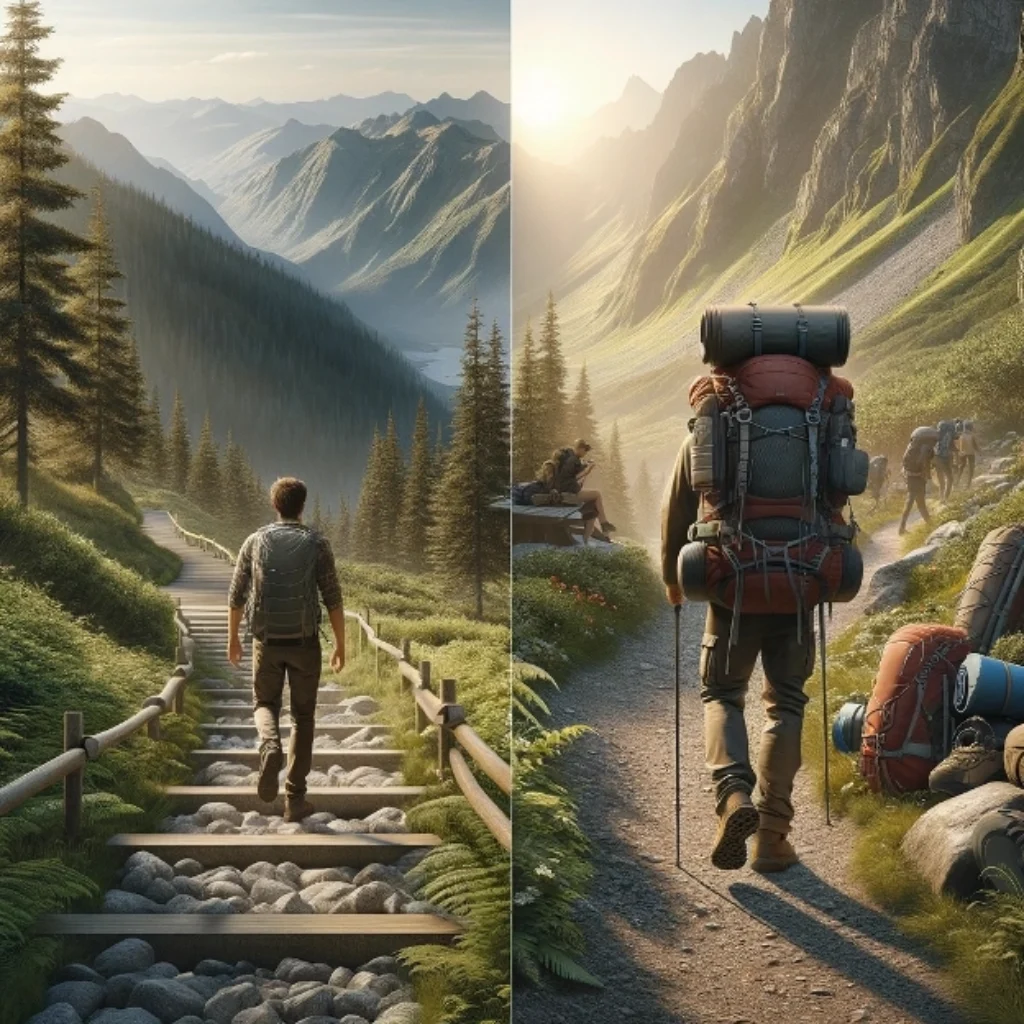
Trekking Vs Hiking | Differences
Duration and Multi Day Hikes
Trekking usually involves multiple days, weeks or even months and stated as before it does not require specific trails in any way, you make your own trail, it requires prior experience of difficult terrain, proper training, and knowledge of surroundings.
When you think of hiking, think of a walk with mild to moderate terrain, this is usually finished in one day or several hours, most of the time returning to a camp or home. However, trekking often extends to multi-day trips that incorporate multiple stops at bases, allowing for more extensive exploration of trails and natural scenery.
Activity Level
Hiking can be done by mostly anyone, even though both require walking, trekking can involve carrying heavy equipment and requires more stamina. After gaining some experience in hiking, individuals should consider going on overnight hikes to prepare for more challenging multi-day treks.
Think of carrying a rucksack when trekking. This is more demanding on the body rather than a light backpack. While trekking, you may go over 20 miles for the day. Trekkers must be physically and mentally fit to traverse isolated, difficult, and varied landscapes like mountains, woods, and valleys. Trekking requires a great deal of planning, fortitude, and adaptability to deal with changing weather, even though it provides a quick getaway into nature with moderate physical effort.
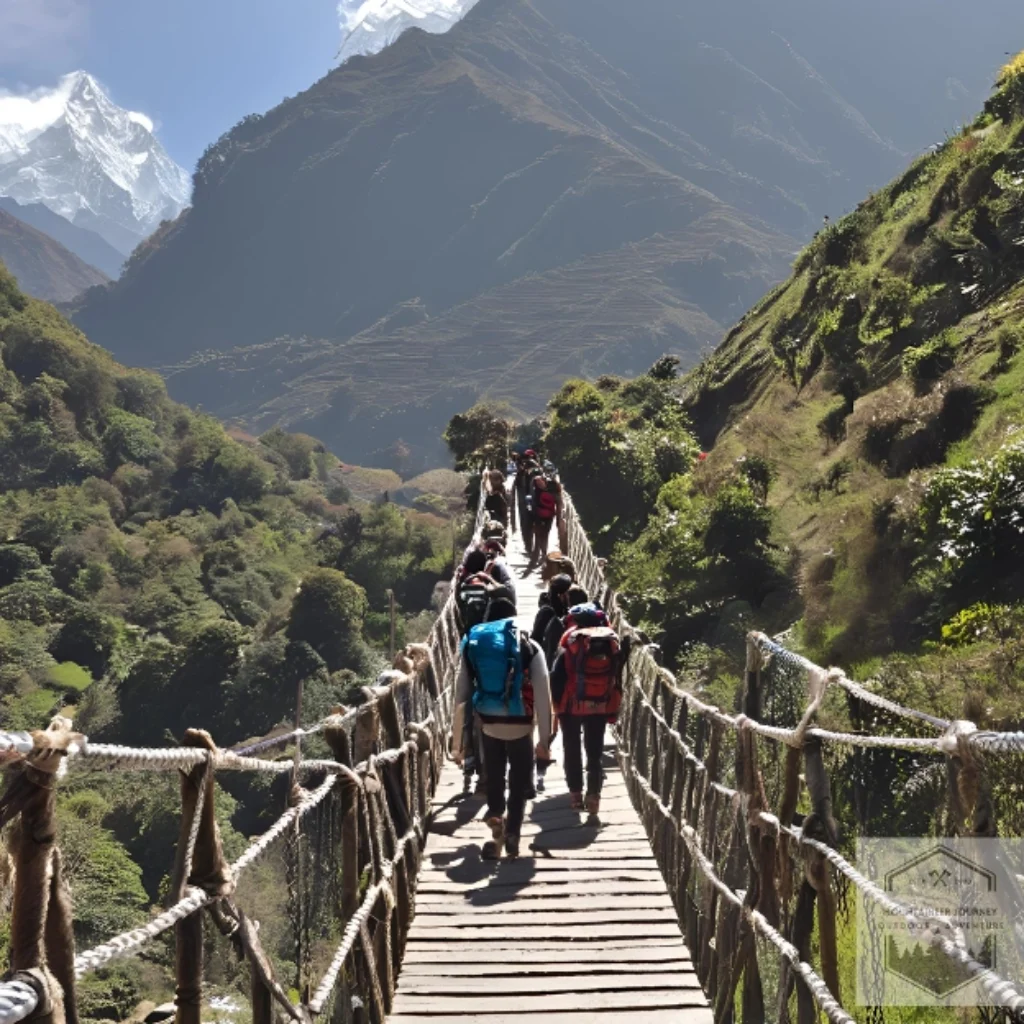
Terrain and Hiking Trails
The kind of terrain that comes under these criteria distinguishes trekking from hiking even more. Hikers frequently follow well marked hiking routes across hills, forests, mountains, and other natural settings that they choose to explore. By contrast, trekking trips frequently pass through uncharted territory including mountains, highways, beaches, forests, and much more.
They are not necessarily on established routes. In this sense, trekking offers greater freedom because participants defy signs and routes. They see unspoiled nature this way, often facing challenges such as steep slopes.
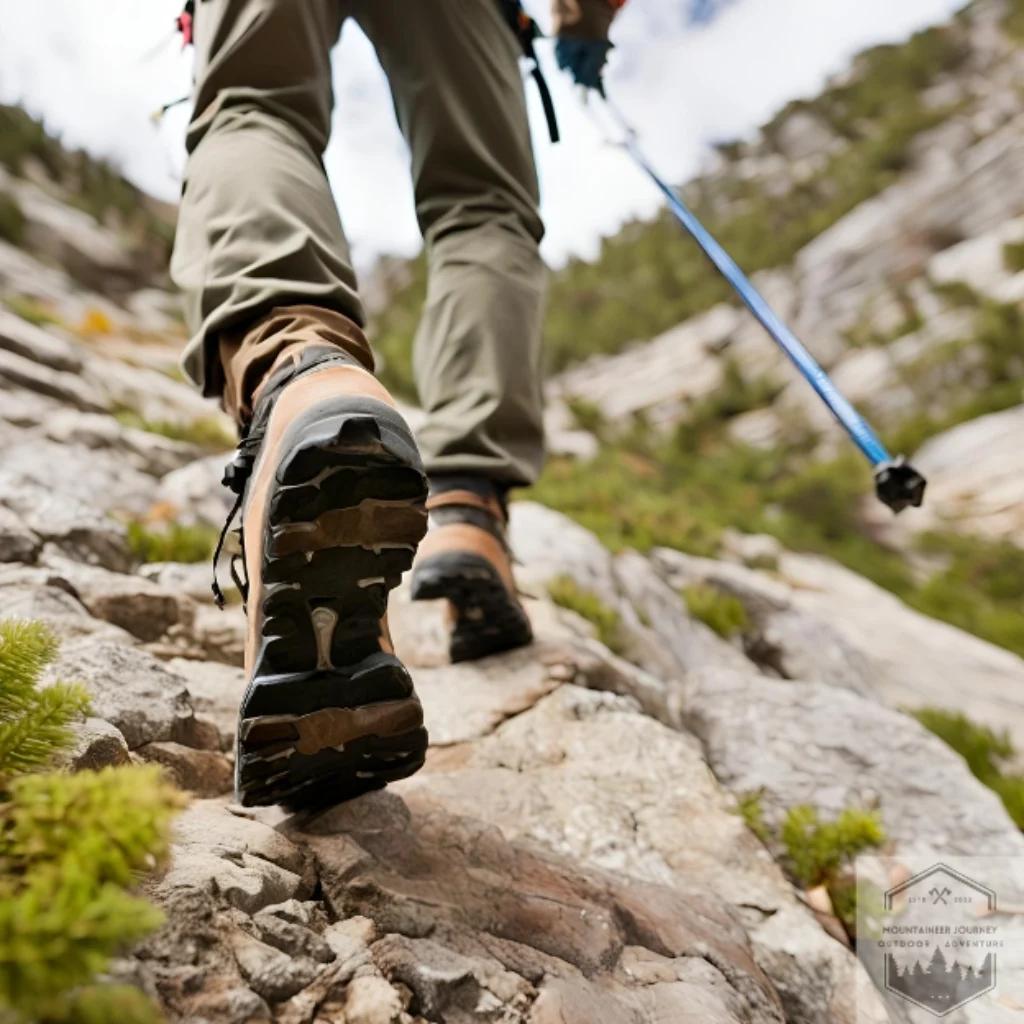
Gear and Trekking Equipment
Logically, trekking and hiking require different gear. Good hiking boots and water most of the time is all you need (maybe a companion or two). Don’t forget a backpack with food, drink, and other essentials, and adequate gear that can withstand abrupt changes in temperature or weather. Either Hiking or Trekking requires carbohydrate-rich foods to keep you energized during your journey check out our Guide On How To Dehydrate Apples for snacks that can last weeks! Trekking hiking shoes such as the Salomon Quest 4 GTX are made more for trekking as they are robust and thick.
Compass and map are not necessary for hiking. Hiking paths are usually well designated, with signs telling you where to go and how far away it is from where you are right now. About trekking, things are different. Trekking would require somewhat more gear. Starting with a compass or map sleeping mats, sleeping bags, waterproof jackets, walking poles, breathable, quickly drying multipurpose gear, etc. Also, while trekking you may be carrying equipment to set up camp for the night on your back, such as a tent.
In Summary
If you are still reading there are real differences when to consider trekking vs hiking. The duration, baseline activity level, gear, and terrain are more differences than most people realize. It is important to keep in perspective which activity you are choosing to go after because as you can see the preparation for trekking can take several days to weeks. Whichever activity you decide to go after, us at mountaineer journey wish you the best of luck on the trails!
Frequently Asked Questions:
Hiking vs Trekking vs Backpacking
Hiking trips are short, easy walks on well-marked trails, lasting a few hours to a day or a weekend. Trekking involves multi-day journeys through rugged terrain, requiring good fitness and heavier gear, including camping supplies. Backpacking by definition depends on the individual or country you ask.
Our definition of backpacking: Backpacking combines hiking and camping over extended periods, outdoor adventure and, carrying all gear in a large backpack, perfect for exploring remote areas.
What is Trekking? Meaning and Definition
As stated before the meaning of trekking: A long journey that lasts multiple days, does not require a designated path and can be an arduous journey. Popular trekking routes, such as the Lares Trek and the Inca Trail, are well-known paths that trekkers undertake in remote and rugged terrains, highlighting the adventurous aspect of the activity.
Hiking Definition
A walk that lasts less than a day on designated paths with minimal equipment.
Trekking, on the other hand, involves longer, more challenging excursions in untamed nature, requiring more preparation and endurance.
Benefits Of Trekking
Some benefits of trekking- improved stamina, increased self-awareness of difficult terrain, improved connection with nature by trailing in unspoiled nature, increased problem solving skills, and greater self-reliance for survival just to name a few.
How does hiking and trekking differ in terms of intensity?
Hiking and trekking can have the same level of intensity. it depends on the terrain you are up against, as we explored before most treks last longer than hiking.
Best Trekking Shoes
In our opinion the best trekking shoes are the Merrell Moab 3, Salomon Quest 4 GTX, and Hoka Kaha 2 GTX. All great options for trekking with great ankle support, traction, and equipped to withstand multi day treks.
Related Articles
How To Lace Hiking Boots In One Minute Or Less

Adventure Awaits,
Tyler

